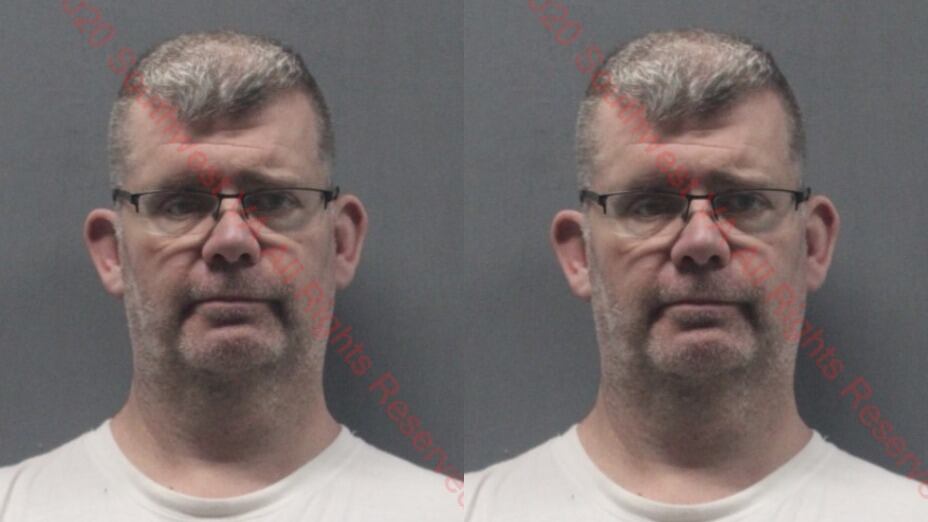U.S. News
Southwest Virginia Regional Jail Authority
Virginia Man Faked His Own Death in Ridiculously Elaborate Plot to Avoid Bankruptcy
‘A’ FOR EFFORT
Russell Geyer’s wild plot involved stealing the identify of a Florida attorney, using an app to disguise his voice, and fleecing his own wife.

Trending Now





